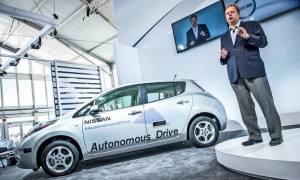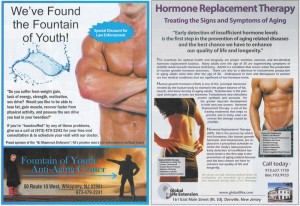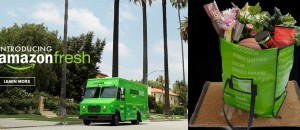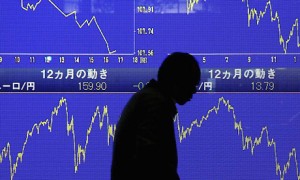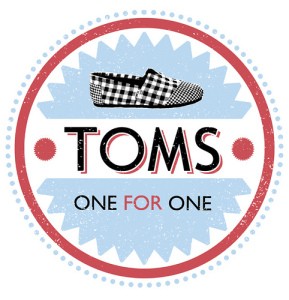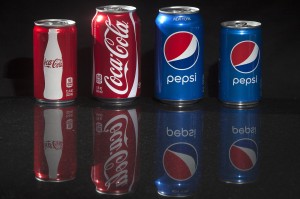Nissan has recently announced that they are joining partnerships with NASA to develop and launch their own self driving car in 2016. This made me think about how fast the word is developing and how everything that’s being innovated is to make our lives easier and efficient. However, with such great power comes responsibility. As Alicia mentioned in her article, this poses a question on safety. While consumers might be mesmerized and anxious to get their hands on one of the first autonomous driving cars, they need to be sure that they can trust the brand before doing so. In order for a firm to develop customer loyalty they need to show them that their producing valuable products. Thus I advise Nissan to continue to develop and test their cars to ensure that they are completely user friendly before they release it on to the market. Because once consumers lose trust in a brand, it’s hard for the firm to gain it back. Take for example, McDonald’s, once consumers all over Japan have filed complaints about finding wires, etc inside their food, McDonald’s market sank with the shutting down of a several stores in Japan. McDonald’s is currently trying to regain its consumers by announcing a change in management and releasing of new dishes, consumers in Japan are still reluctant to purchase from this fast food chain.
If Nissan can successfully develop this car, I am sure it will be a big hit in the market, helping the firm develop an inelastic demand for this good. Thus I agree with Alicia’s point of view as she mentioned that she believes in its success “because of its bold move in developing and bringing a concept of life.”
Sources:

